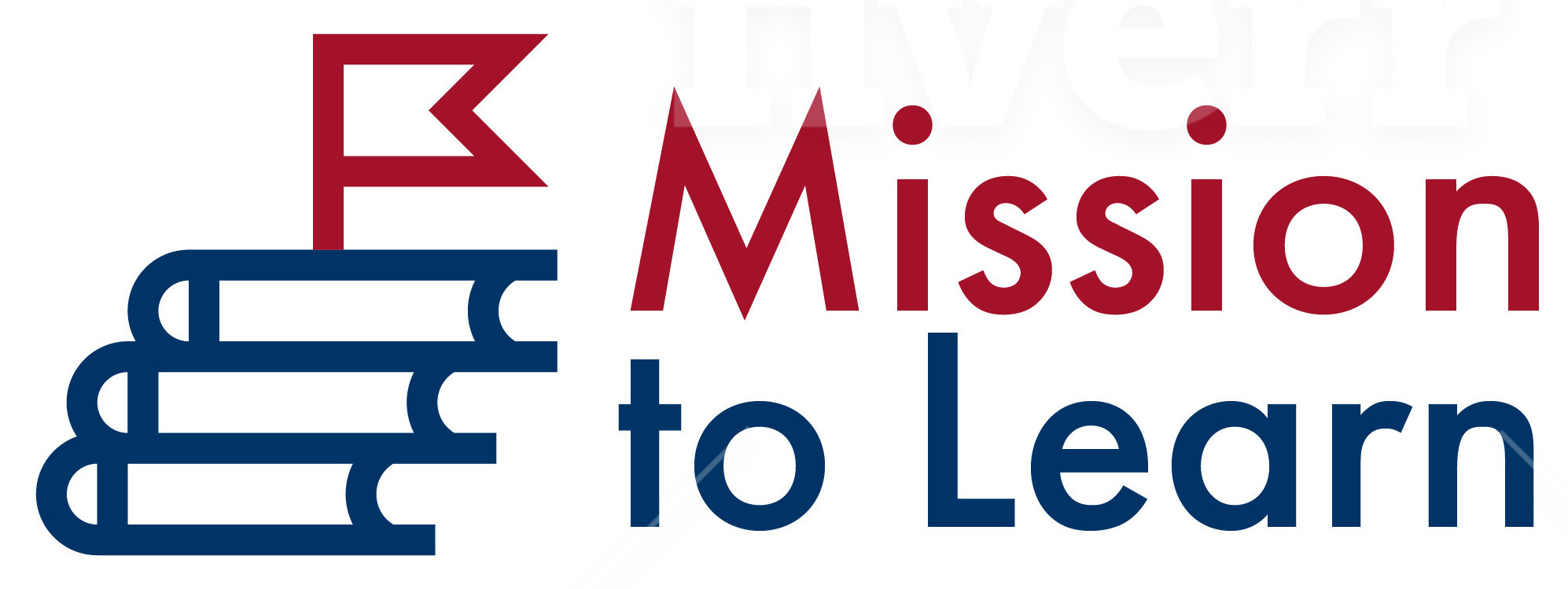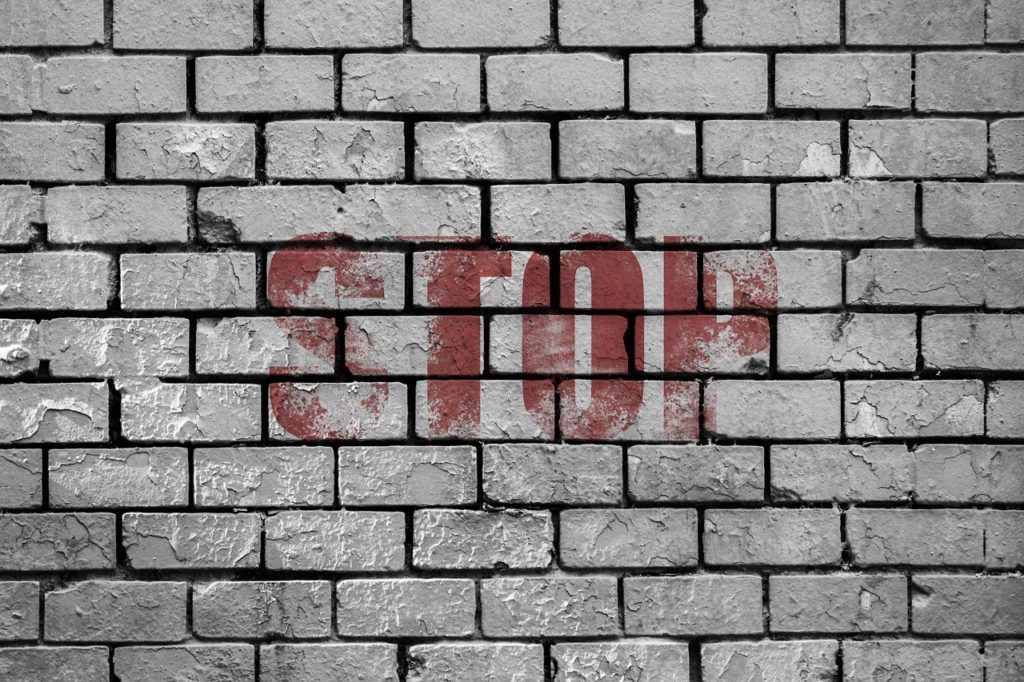Issue 5 – October 26, 2020
Maybe it’s just me – or me in the midst of the current U.S. political environment – but it feels like knowing how to think critically has rarely been more important.
Politics aside, ever since the widespread adoption of digital media we’ve been barraged with a steady flow of information and – too often – misinformation in our daily lives. Knowing how to evaluate all of this information effectively is essential for making well-informed decisions, establishing priorities, and, in general, navigating through life successfully.
For the committed lifelong learner, learning to think critically is a foundational pursuit and one that, like learning itself, continues throughout life. We are never “done” when it comes to critical thinking because it is a habit, a practice, that we must continually hone and improve. We must think critically in order to learn effectively, and learn effectively in order to think critically.
To help you – and, frankly, myself – in that process I’ve pulled together the following links.
Enjoy. (Critically, of course.)
[Note: Past editions of the newsletter are now available here.]
1: 3 Simple Habits to Improve Your Critical Thinking
This Harvard Business Review post struck me as a good, concise starting point for insight on how to improve critical thinking. The author notes that the habits she suggests – question assumptions, reason through logic, diversify thought – are ones readers may already practice. But most of us don’t practice them very intentionally or very thoroughly. Unless you feel certain you are an exception, it’s worth reading the tips and insights the article offers for improving in each area. And if you do feel certain you are an exception, read it multiple times 😉
2: How to Improve Critical Thinking (Going Deeper)
If you want to go deeper on how to improve your critical thinking, this article from Scott H. Young is just the ticket. I like that Scott first covers the wrong way to go about critical thinking. We can’t simply treat it as a single “faculty” that we develop like a muscle, and we have to recognize that what we think is reason is often rationalization. (I encourage you to think about these points in relation to the first article above.) Having made those points, Scott then lays out two broad strategies for improving critical thinking in the right way: create contexts that enable smart decisions and be smarter and know more. For the first of these, he offers three specific tactics. The second he sums up as “… to simply learn more about the world. The more you know about things, the better you can reason about them.” Amen.
3: How to Analyze Information
As already mentioned, the amount of information each of us has to filter through on a daily basis is one of the main reasons that critical thinking is so important. Learning to analyze information efficiently and effectively has become tantamount to a survival skill. In this article, Avil Beckford, aka the Invisible Mentor, offers a process for gathering, managing, and organizing information. Her own recent experience in analyzing an Amazon-recommended list of 100 books to read in a lifetime is eye-opening (though, sadly, not surprising). I recommend the article and I also recommend The Invisible Mentor as a site to return to frequently on your continuing mission to learn.
4: Why Our Brains Fall for False Expertise, and How to Stop It
As this strategy+business article makes clear, organizational dynamics combined with innate human biases often prevent us from even accessing the best possible information in any given situation. In group situations, we may succumb to “proxies of expertise” and simply go with whatever the loudest or tallest person in the group says. While they require us to be deliberate and thorough (see article one above), there are steps we can take to combat this situation. This article covers a number for them, ranging from “if-then” plans to incentivizing awareness to reducing the number of cues that elicit bias. Take these tools to the next meeting you attend and you will likely emerge with much better decisions.
5: The 7 Bona Fide Best Sites for Sharpening Your Critical Thinking Skills
As I often do, I’ll wrap up this edition with an offering from Mission to Learn on the topic. I wrote this post many years ago and have updated it a number of times since. In reviewing it again, I was struck by how early in the Internet age critical thinking became a concern. Some of these sites were clearly built in the early days of the Web, but they persist as interesting sources of information and insight. Among the newer additions, I particularly like the Critical Thinking Skills Cheat Sheet from the Global Digital Citizen Foundation – definitely a useful guide to have on hand for our current world.
What’s Your Take?
I hope you find the resources offered here useful. Before we part ways for this edition, I’d like to encourage you to hit reply and share any thoughts you have about the role of critical thinking in our current world and how you go about improving your own critical thinking skills.
And, as always, if you have questions or I can be of help in any way, just let me know.
Best regards,
Jeff
Image by Gerd Altmann from Pixabay






